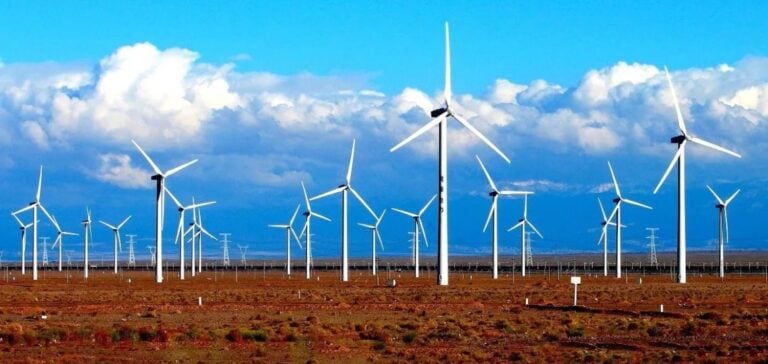While China is making rapid progress in the field of low-carbon energy, the United States and Europe are expressing serious concerns. Washington is particularly concerned about Chinese production overcapacity supported by large subsidies in the solar, electric vehicle and battery sectors, and fears a threat to the viability of these industries outside China. U.S. Treasury Secretary Janet Yellen plans to raise these issues in talks with high-ranking Chinese officials.
Solar dominance and massive subsidies
China continues to invest heavily in solar energy, with over $130 billion to be spent by 2023. According to Wood Mackenzie, China will account for 80% of global production capacity for key components such as polysilicon, wafers, photovoltaic cells and modules between 2023 and 2026. This domination is a source of concern for the United States, which is planning to increase its own production capacity to reduce its dependence on China.
Expansion of electric vehicles and batteries
China’s new-energy vehicle industry saw exports rise by 57.9% in 2023, reaching a record 4.9 million units, including over 1.2 million units in the 100% electric and plug-in hybrid segment. At the same time, the lithium-ion battery sector also saw an expansion of 25% in production and 33% in exports. However, this rapid growth is marked by potential overcapacity.
The President Emeritus of the European Chamber of Commerce in China, Joerg Wuttke, noted that Chinese industrial overcapacity poses not only an economic but also a political risk, potentially inciting protectionist reactions in open economies. These concerns are at the heart of Janet Yellen’s discussions in China, where she is seeking to communicate the implications of these imbalances.






















